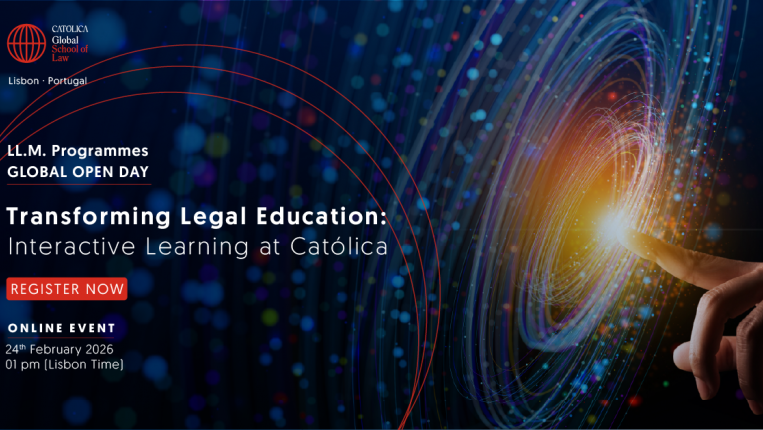GENERAL INFORMATION |
|||
|---|---|---|---|
|
START |
LOCATION |
LANGUAGE |
FORMAT |
Designed to nurture the next generation of thought leaders in law, our Global Ph.D. Programme aims to provide young scholars with the resources necessary to explore complex research questions and contribute meaningfully to the advancement of legal scholarship. From engaging seminars to direct access to some of the world’s most prominent legal scholars, our programme offers a supportive and enriching ecosystem for doctoral candidates to delve deep into their chosen fields of study.
The programme has the duration of four years and is divided into two stages: the two-semester Ph.D. coursework (60 ECTS) and the six-semester dissertation writing stage (180 ECTS).
Coursework
The aim of the coursework stage is to prepare doctoral candidates to produce and defend a thesis proposal (30 ECTS). Students are required to take three mandatory courses at this stage: a semester-long Methodology Seminar (10 ECTS) and Research Workshop (10 ECTS), and the year-long Scientific Debate Forum (10 ECTS).
The Methodology Seminar examines the nature of legal reasoning, the history of legal thought, and introduces students to a variety of resources from other disciplines useful to the study of law. It is a ‘nuts and bolts’ course for doctoral researchers in law. The Research Workshop is designed to enable doctoral candidates to craft and implement a thesis proposal and to conduct forms of research relevant to the study of law in a global context, namely doctrinal research, empirical research, and other forms of interdisciplinary inquiry. The Scientific Debate Forum is composed of multiple sessions where a guest scholar presents a research paper, followed by a discussion open to the entire research community based at Católica. The aim of the Forum is to expose doctoral candidates to cutting-edge legal scholarship in different fields of law and immerse them in the culture of academic debate.
The Ph.D. course culminates with the thesis proposal – a document of no more than 80.000 characters, which outlines the chosen topic, clarifies the adopted methodology, includes a concise literature review, and presents the building blocks of the upcoming thesis. Evaluation of the thesis proposal is conducted by a committee consisting of the supervisor and two professors designated by the school’s Scientific Council. Approval of the proposal marks the transition to the programme’s second stage, which involves the preparation of the actual dissertation.
Dissertation
The structure of the dissertation writing stage is designed to be flexible, catering to the individual needs and goals of each candidate. Collaboratively, the candidate and the supervisor determine the most suitable course of study based on the candidate’s topic. Candidates are required to provide an annual progress report on their work to the supervisor and the Ph.D. Programme coordinators. They are also encouraged to meet with their supervisors on a regular basis in order to discuss draft chapters and their general progress in terms of writing.
While working on the thesis, doctoral candidates are incentivized to present their ongoing research in conferences hosted at Católica and other institutions. To that effect, the Católica Research Centre for the Future of Law organizes the Graduate Forum – a platform for Ph.D. students to present their ongoing work and test arguments before a small audience of legal researchers.
Moreover, candidates are encouraged to pursue research stays abroad, either taking advantage of Católica’s extensive network of partnerships with prestigious law schools or submitting independent applications to other institutions. In the past, our Ph.D. students have spent research periods in institutions like the International Criminal Court (Hague), Georgetown University (Washington), or the Max Planck Institute (Heidelberg and Munich).
Following the submission of the thesis – which must not exceed 1.000.000 characters –, the candidate will publicly defend it before a jury composed of scholars designated by the school’s Scientific Council.








